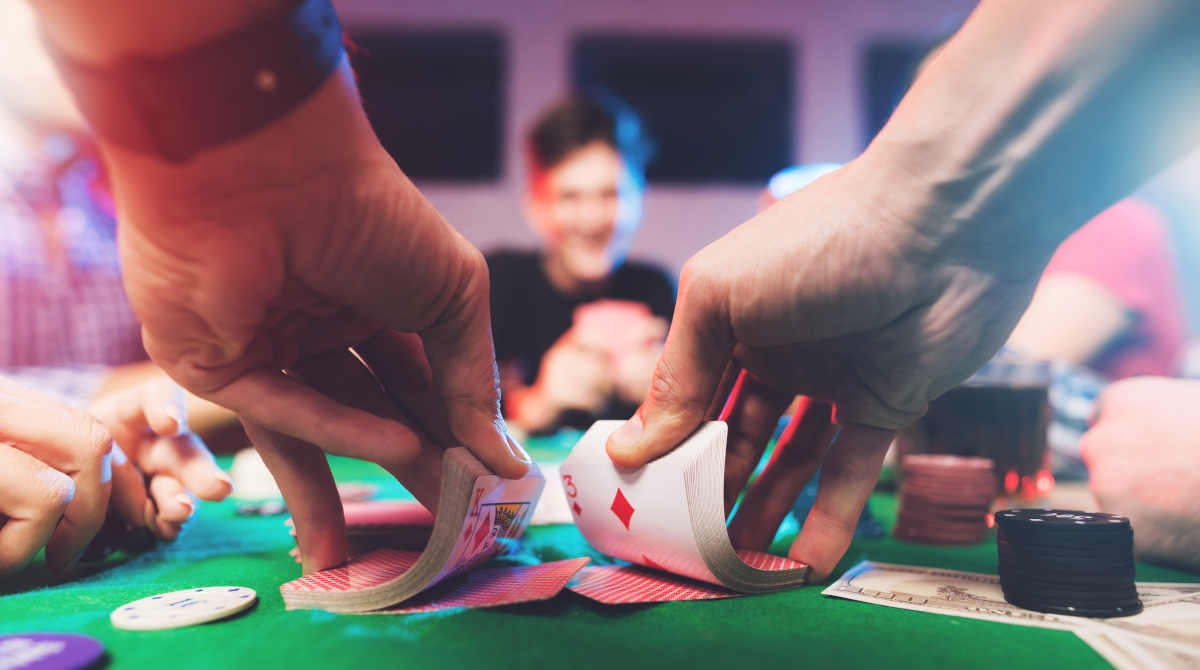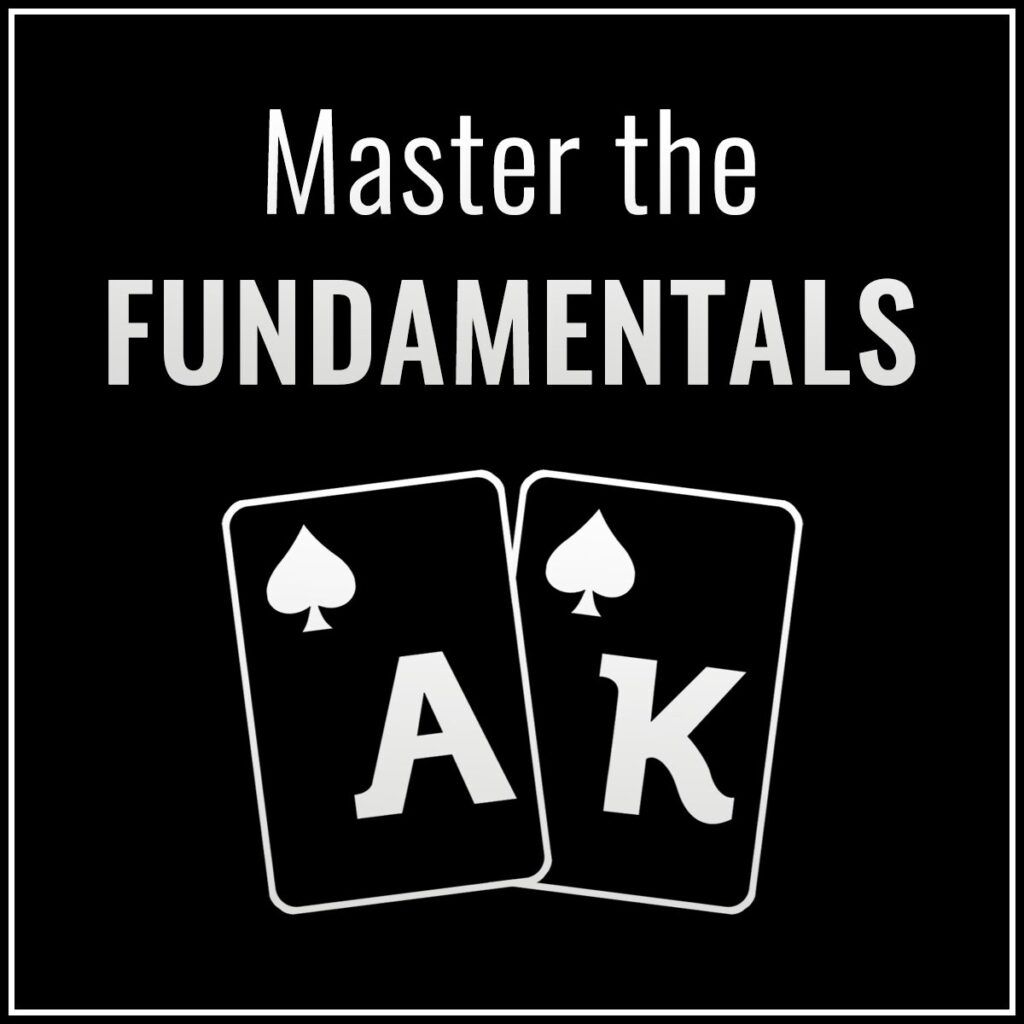A Brutal River Twist: Drexel Survives With a Miracle Spade After Senna Flops Top Set
The Flop: A Dream for Senna, Disaster for Drexel
The cards came out:
K♠ 9♦ 4♣
Top set for Senna.
Top pair for Drexel.
The kind of flop that builds stacks — or destroys them.
Drexel checked to the pre-flop aggressor, and Senna fired 44,000 into the pot.
Drexel, with top pair, couldn’t fold — and didn’t.
But instead of just calling, he raised to 93,000.
Senna flat-called with absolute domination.
More than 300,000 now sat in the middle…
and Drexel was marching straight into quicksand.
The Turn: Hope Appears — and Trouble Follows
The turn brought the A♠.
A brutal card for Senna — and a lifeline for Drexel.
Drexel picked up a flush draw to go with his top pair and decided he wasn’t waiting around.
He shoved.
Senna, miles ahead with a set, snap-called.
Drexel was drawing thin.
Very thin.
Commentators winced.
Players at the table sighed.
This one looked over.
The River: A Spade, A Miracle, and a Gut Punch
And then…
River: ♠
A spade.
A dagger.
A miracle card for Drexel and an absolute nightmare for Senna, who watched a monster pot slip through his fingers after dominating the hand from the first deal.
Groans erupted around the table.
The commentators summed it up perfectly:
“How gross is that? Pretty gross. So bad.”
Senna had played it beautifully — and still got crushed by the deck on the final card.
Meanwhile, Drexel — moments away from elimination — suddenly found himself back in the tournament, courtesy of one of the filthiest rivers of the night.
A Hand That Will Be Replayed for Months
Top set vs. top pair.
Perfect call.
Perfect shove.
Perfect read.
And then the deck said,
“Nope.”
It’s the kind of hand that defines poker’s cruelty… and its magic.
Daniel Negreanu’s 5 Brutal Truths About Why You’re Losing at Poker


When Daniel Negreanu talks poker, the smart move is to listen. He’s been at the top of the game for decades, navigating every trend, style shift, and strategic revolution the game has seen. But in this rare, candid breakdown, Negreanu doesn’t just talk about how to win — he talks about why so many players keep losing.
And if you’ve been struggling at the tables — whether it’s in your weekly home game or at your local casino — his list might hit a little too close to home.
5. Bad Luck — But Not for 2,000 Hours Straight
Everyone has bad beats. The miracle river card, the set-over-set disaster, the runner-runner heartbreaker — they’re all part of the game. Negreanu acknowledges that luck plays a role in short-term results.
But here’s the reality check: if you’ve been logging 1,000 to 2,000 hours of poker and still can’t seem to win, it’s probably not just bad luck. “It probably has something to do with the other four,” he says.
This is where many players fall into denial. Blaming variance feels better than admitting skill gaps. But until you face the truth, your results won’t change.

4. You’ve Become Too Predictable
Poker is a game of adaptation. What works today might get crushed tomorrow — especially if you’re playing against the same people week after week.
Negreanu warns that if you’ve gone from being a winning player to a losing one, the problem might be that everyone knows your moves before you make them. You’ve become too easy to read.
This isn’t just about mixing up your play randomly. It’s about understanding how others perceive you and intentionally breaking their expectations. Surprise is a weapon — and if you’re not using it, you’re handing your opponents the script to beat you.
3. You’re Playing in Games That Are Too Tough
This one requires brutal honesty. You might love poker, you might respect your own game — but are you really better than the players you’re sitting with?
Negreanu suggests taking a hard look around the table. If you’re consistently surrounded by sharper, younger, or more studied opponents, you’re swimming in the deep end without a life vest.
The smartest players don’t just work on their skills — they choose their battles wisely. There’s no shame in seeking softer games. In fact, it’s one of the easiest ways to improve your win rate without changing a single thing about your play.

2. Weak Fundamentals
Negreanu calls fundamentals the bedrock of poker. Without them, you simply can’t be a consistent winner. This includes everything from understanding starting hand ranges to knowing how to size your bets, read board textures, and calculate pot odds.
The good news? Fundamentals are 100% learnable. You don’t need a genius IQ or decades of experience to master them. You just need the discipline to study — and to practice those skills until they become second nature.
Many losing players get distracted chasing flashy moves or elaborate bluffs, but without strong fundamentals, those plays collapse. Negreanu’s advice is simple: fix the foundation, and the rest of your game will follow.
1. Tilt — The Silent Bankroll Killer
If there’s one thing that has destroyed more poker players than anything else, it’s tilt.
Tilt isn’t just getting angry after a bad beat. It’s any emotional state that causes you to deviate from your best game — frustration, impatience, revenge, even overconfidence after a big win.
Negreanu has seen it ruin careers. A player can spend years building skill and discipline, only to throw it all away in a single session because they couldn’t control their emotions.
The solution? Build a mental game as strong as your technical game. Recognize your tilt triggers. Walk away when you need to. Protect your bankroll from yourself.

Why Negreanu’s List Hits Home for Players Over 40
For players in their 40s, 50s, and 60s, this advice carries extra weight. Many in this age group learned poker in a more social, instinct-driven era. The game has evolved, and staying competitive means adapting to faster, sharper opponents who grew up with solvers and online volume.
Negreanu’s breakdown is a reminder that experience is valuable — but only if it’s paired with self-awareness and the willingness to evolve.
The Takeaway
Negreanu’s five reasons aren’t just a list — they’re a mirror. If you’re losing, one or more of these is almost certainly the culprit. The hard part isn’t hearing them. It’s accepting them — and doing something about it.
Bad luck? It passes. Predictability? You can fix it. Tough games? Find better ones. Weak fundamentals? Study harder. Tilt? Train your mind as much as your game.
As Negreanu’s own career proves, poker isn’t about never making mistakes — it’s about identifying them faster than the players across from you.





